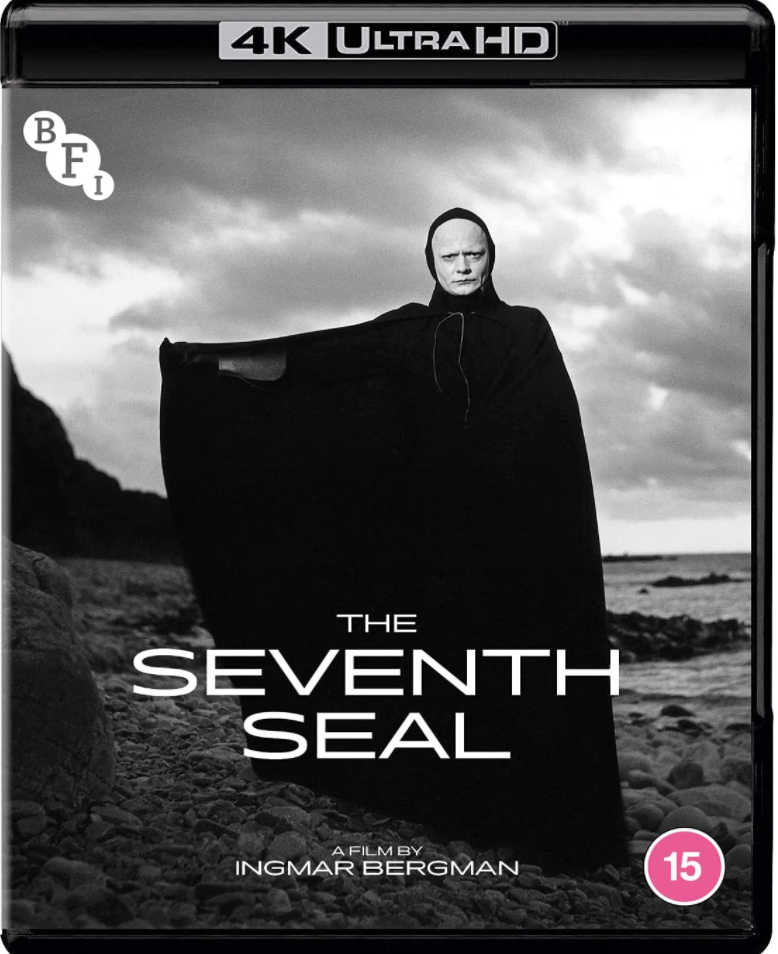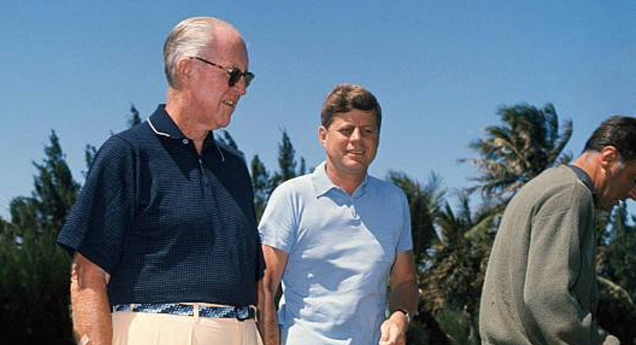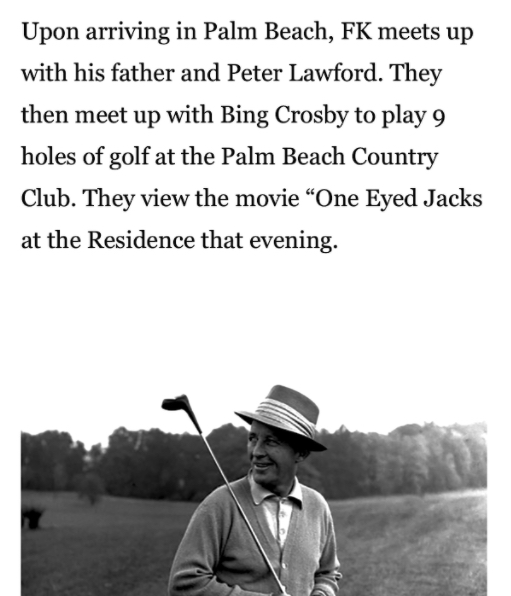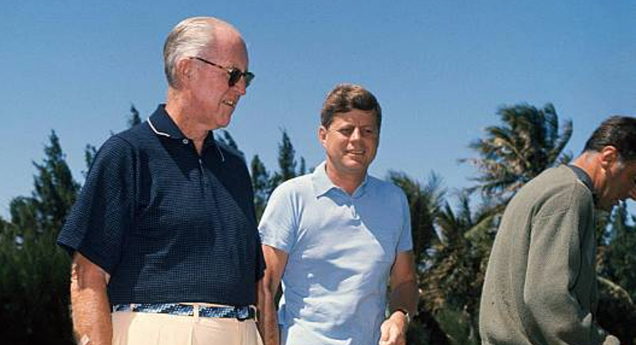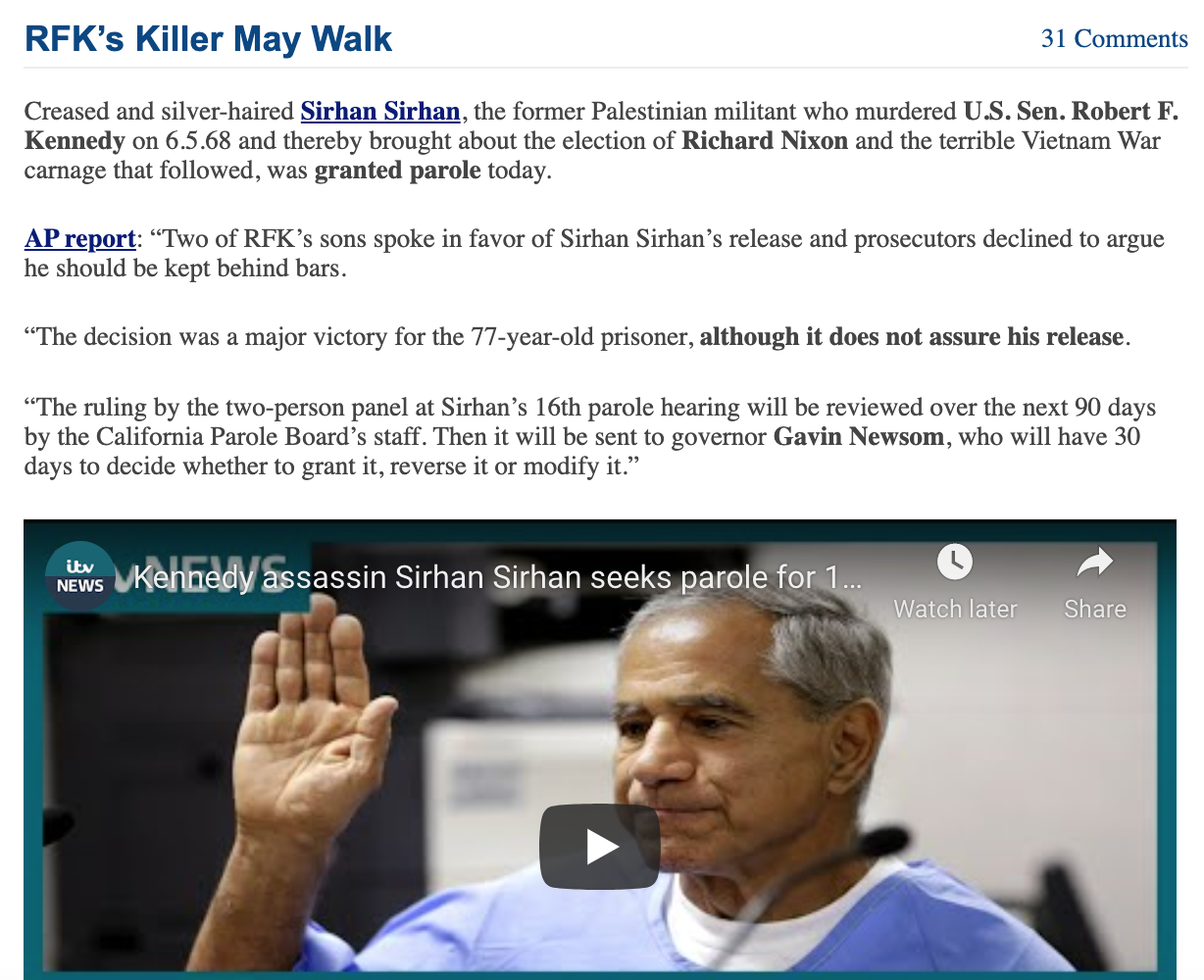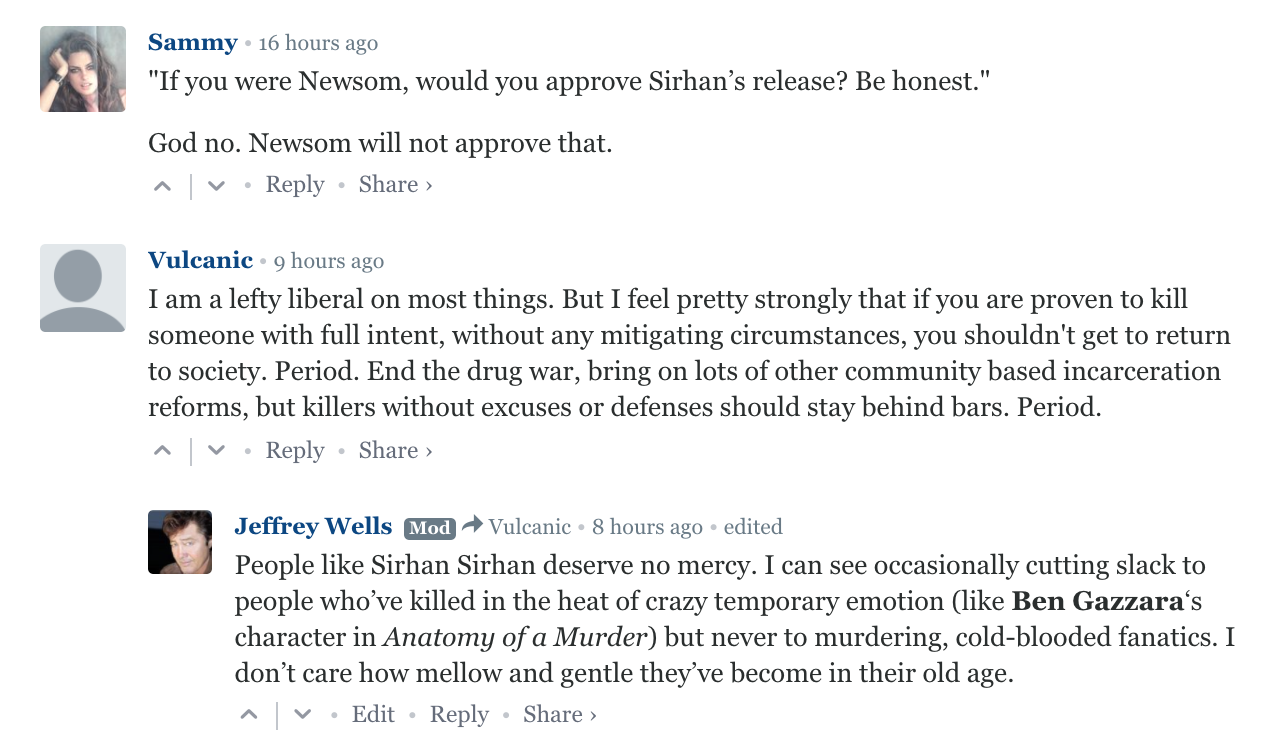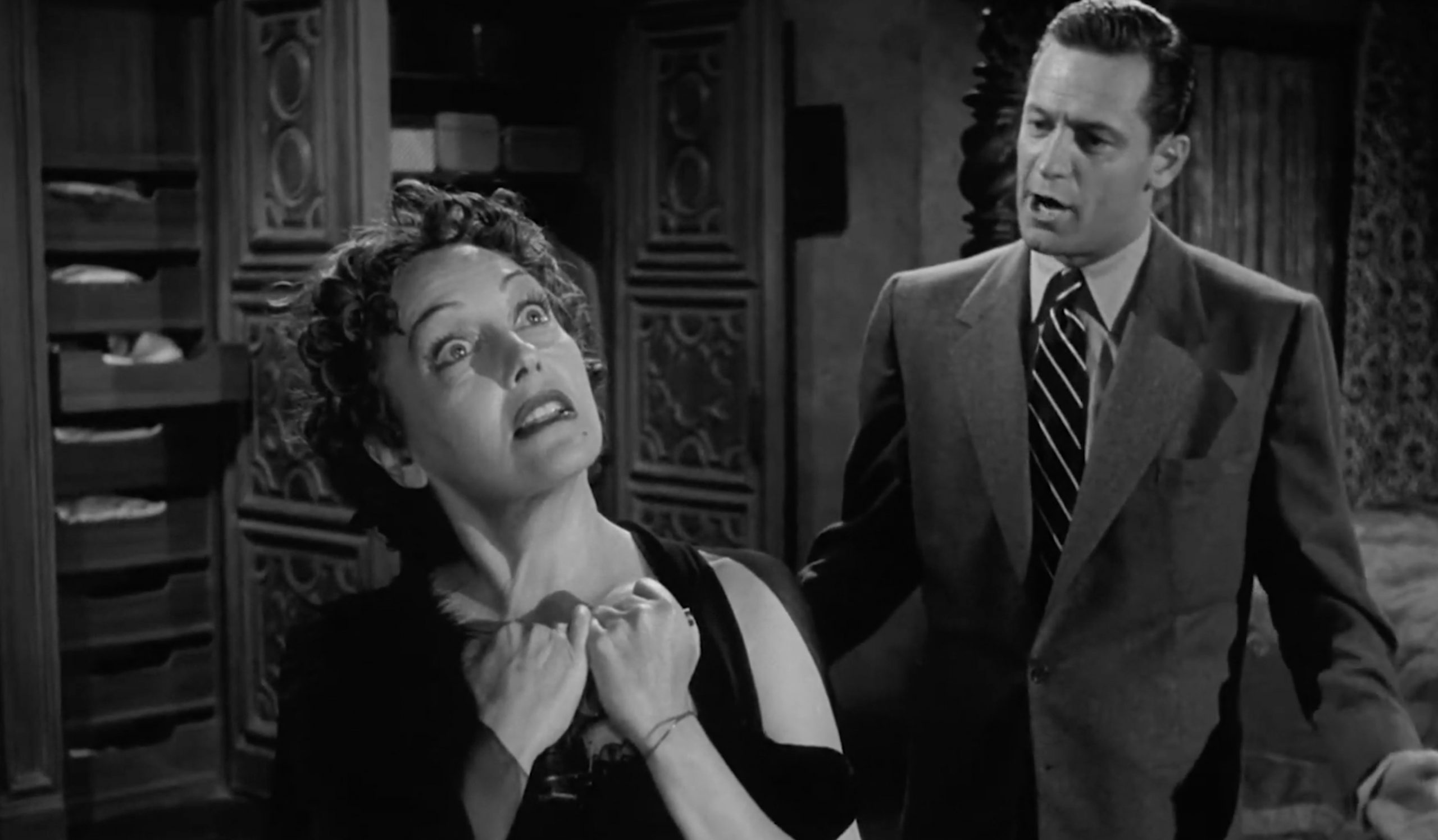HE to Joseph McBride, author of “Billy Wilder: Dancing on the Edge” (Columbia University Press, 9.24):
“I just wanted to tell you, Joe, how much fun your Wilder book is. I was expecting the usual sequential, chapter-by-chapter approach, and I got that from your very thorough recounting of his youth in Germany. (And you went to Germany for some first-hand digging — respect!)
“But once the Hollywood adventure begins, you start weaving in and out. You don’t abandon a steady, linear, through-line approach, but you don’t exactly stick to it either. The narrative starts hopping around, and I loved that! In your journey with Billy Wilder you become Billy Pilgrim, unstuck in time.
“And I love, love, LOVE that possibly accurate story about the waitress being paid to have it off with the square and virginal Charles Lindbergh in that Long Island hotel on the night before his flight, and then, at the end of the film, the same waitress being part of the crowd during Lindy’s triumphant victory parade in Manhattan, and he doesn’t see her waving! What a great ending! I love the young vanity mirror woman who is actually in the film, but the waitress story would have been ten times better.
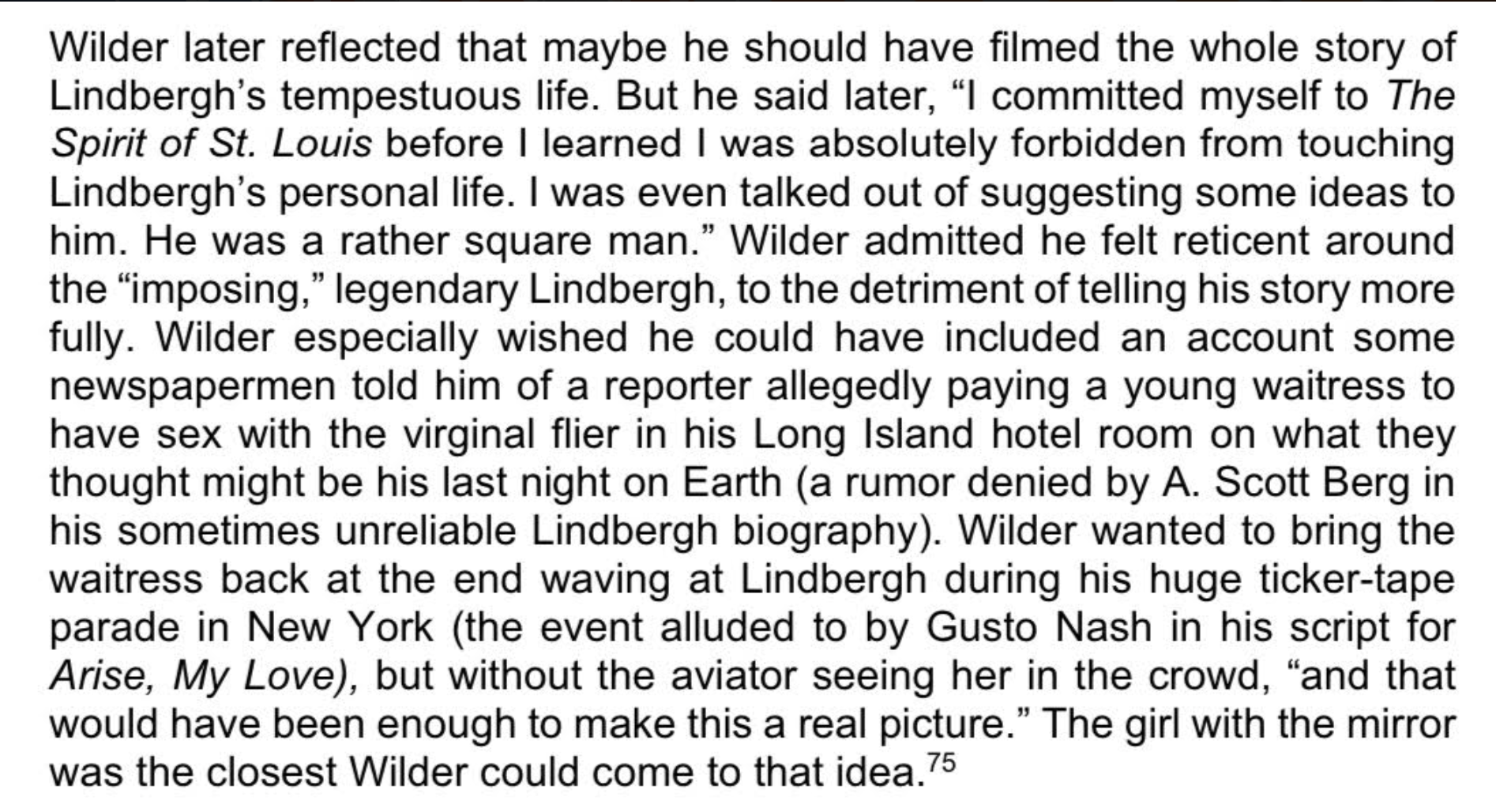
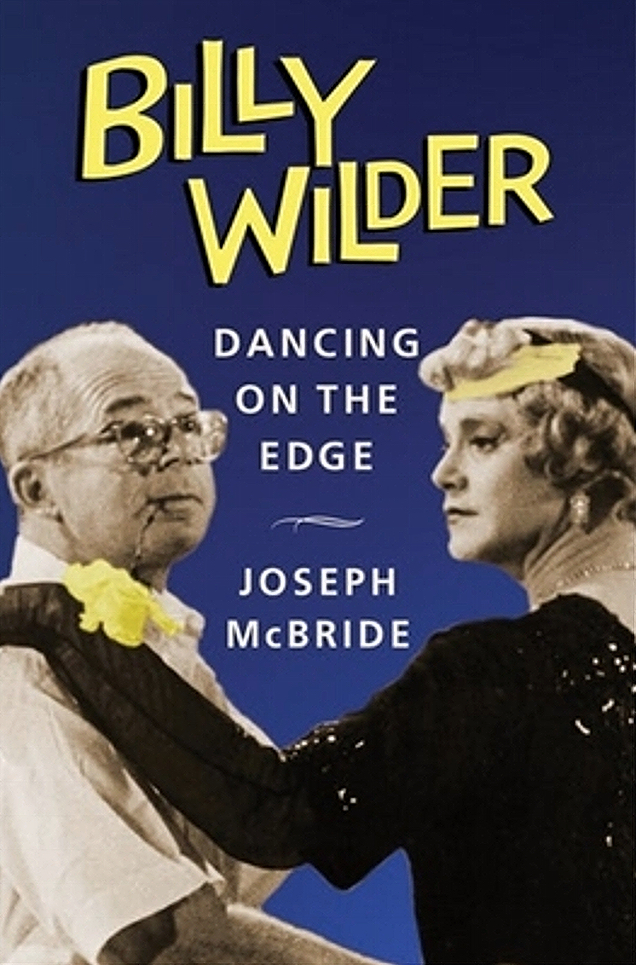
“I agree about Gary Cooper’s hesitant (wussy?) manner as he got older, and that he was way too old to pay Audrey Hepburn‘s lover in Love in the Afternoon. But what about that Wilder quote that “I got Coop the week he suddenly got old.” Cary Grant would have been a much better fit. Coop looked like he was at least 65 if not 70 in that film.
“I’m still reading, but I’m hoping for fresh anecdotes and stories about the making of One Two Three. In my estimation the amazing velocity and chutzpah in the last half of that 1961 film represents one of Cagney’s greatest performances by far, right up there with Public Enemy and George M. Cohan and Cody Jarrett. Plus I loved the strident, back-and-forth, give-and-take energy between Cagney and Horst Buccholz…what was it exactly that HB said or did to piss Cagney off so much?
“I’m presuming that at one point you’ll offer thoughts about how and why Wilder succumbed to ‘50s conventionality by deciding to become a proficient ‘house director’ between ‘53 and ‘58. He just went along with the flow of things, took this and that job, tried to be Lubitsch in this or that way, etc. But the fact is that after the making and release of 1953’s Stalag 17 and before the writing and shooting of Some Like It Hot in ‘58, Billy Wilder took a four and a half-year breather from the burden of being ‘Billy Wilder.’ For lack of a better or fairer term, he became Paycheck Billy. Not that there’s anything wrong with that.”
Read more
